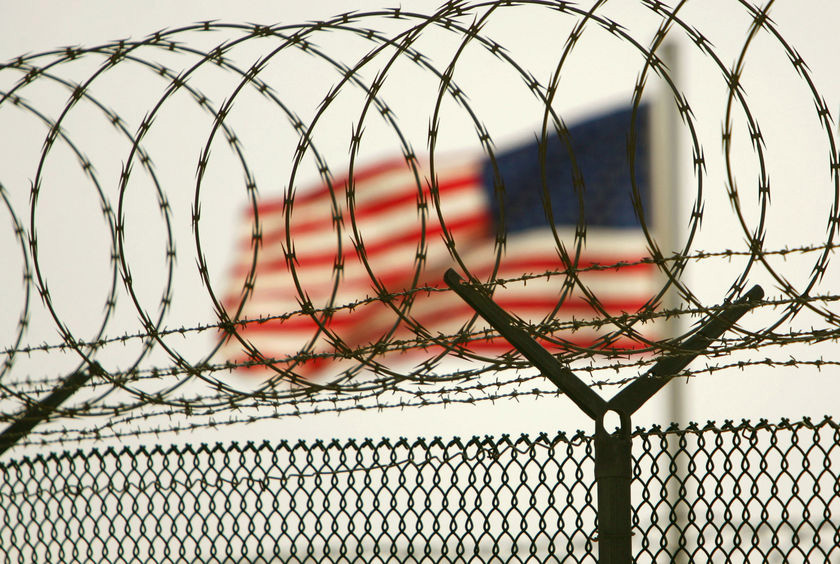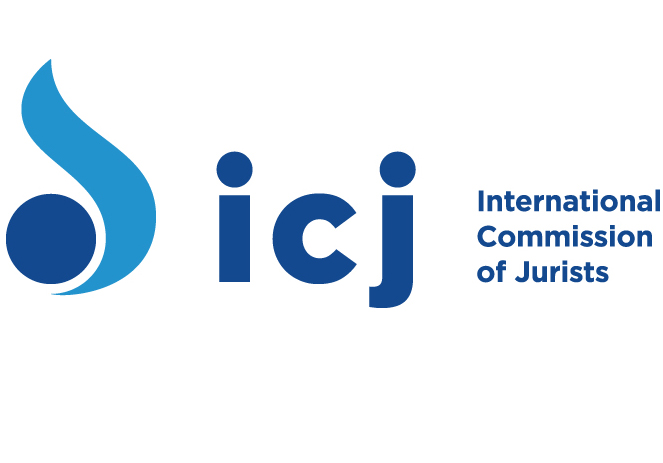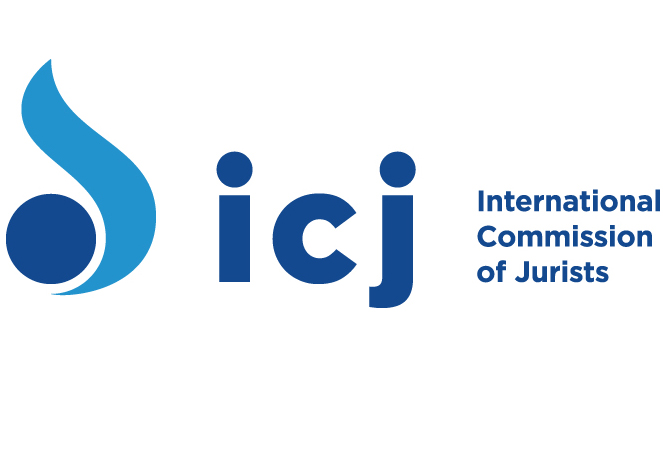
Oct 7, 2009 | E-bulletin on counter-terrorism & human rights, News
Read the 37th issue of ICJ’s monthly newsletter on proposed and actual changes in counter-terrorism laws, policies and practices and their impact on human rights at the national, regional and international levels.

Oct 5, 2009 | Agendas
Consultation by the OHCHR
Switzerland-forum business rights-agenda-2009 (full text in English, PDF)

Sep 29, 2009 | News
The ICJ believes that the Human Rights Council should retain an independent, expert and collegial body, with a mandate focused on studying unexplored, new challenges and areas of human rights.
Expert body HRC-Web stories-2006 (full text, PDF)

Sep 17, 2009 | Events
The ICJ and other NGOs are hosting a side event at the 12th Session of the Human Rights Council: the Role of International Law in the Protection of People of Diverse Sexual Orientations and Gender Identities.
Featured speakers include ICJ Commissioner Vitit Muntarbhorn, Kenya National Human Rights Commissioner Lawrence Mute, and Alternative Law Forum co-founder Arvind Narrain. The occasion is also the launch of the Practitioner’s Guide on Sexual Orientation, Gender Identity, and International Human Rights Law.
HRC Side Event on Sexual Orientation and Gender Identity-Events-2009 (Full text, DOC)

Sep 15, 2009 | News
The ICJ urged the UN Human Rights Council to establish a new expert mandate to improve protection of human rights of individuals in armed conflicts and generally in any crisis situations.
The ICJ requested the Council to harness protection of judges and lawyers from violence and intimidation inflicted on them for their professional functions. It also sought accountability for human rights violations and international crimes committed by the Israeli Army, Hamas and other Palestinian armed groups during the recent war in Gaza.
ICJ urges that the HRC establish new expert mandate_Prss Pelease_2009 [Full text PDF]

Sep 15, 2009 | News
The ICJ welcomed today the release of the report by the Fact Finding Mission on the Gaza conflict presented to the Human Rights Council.










